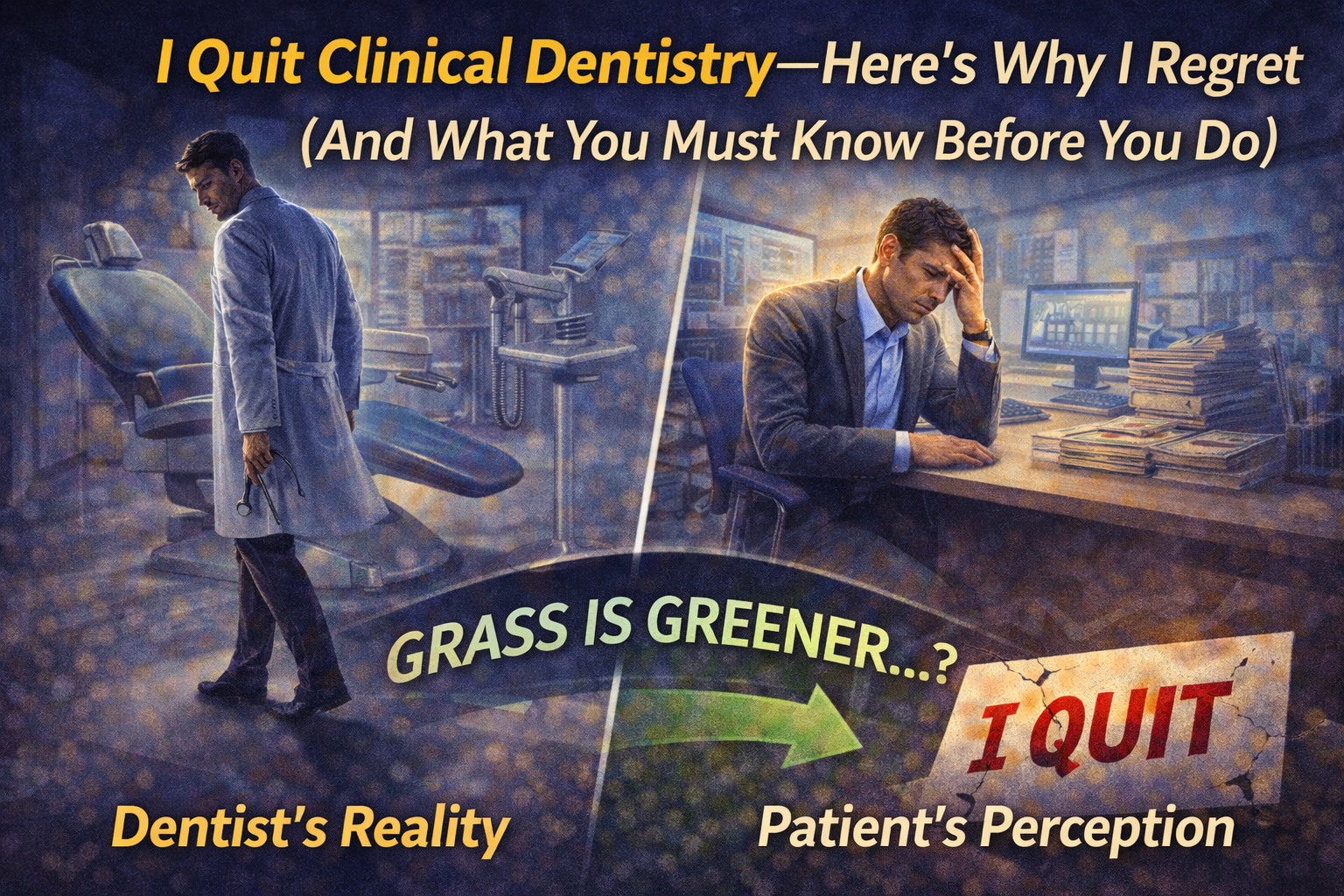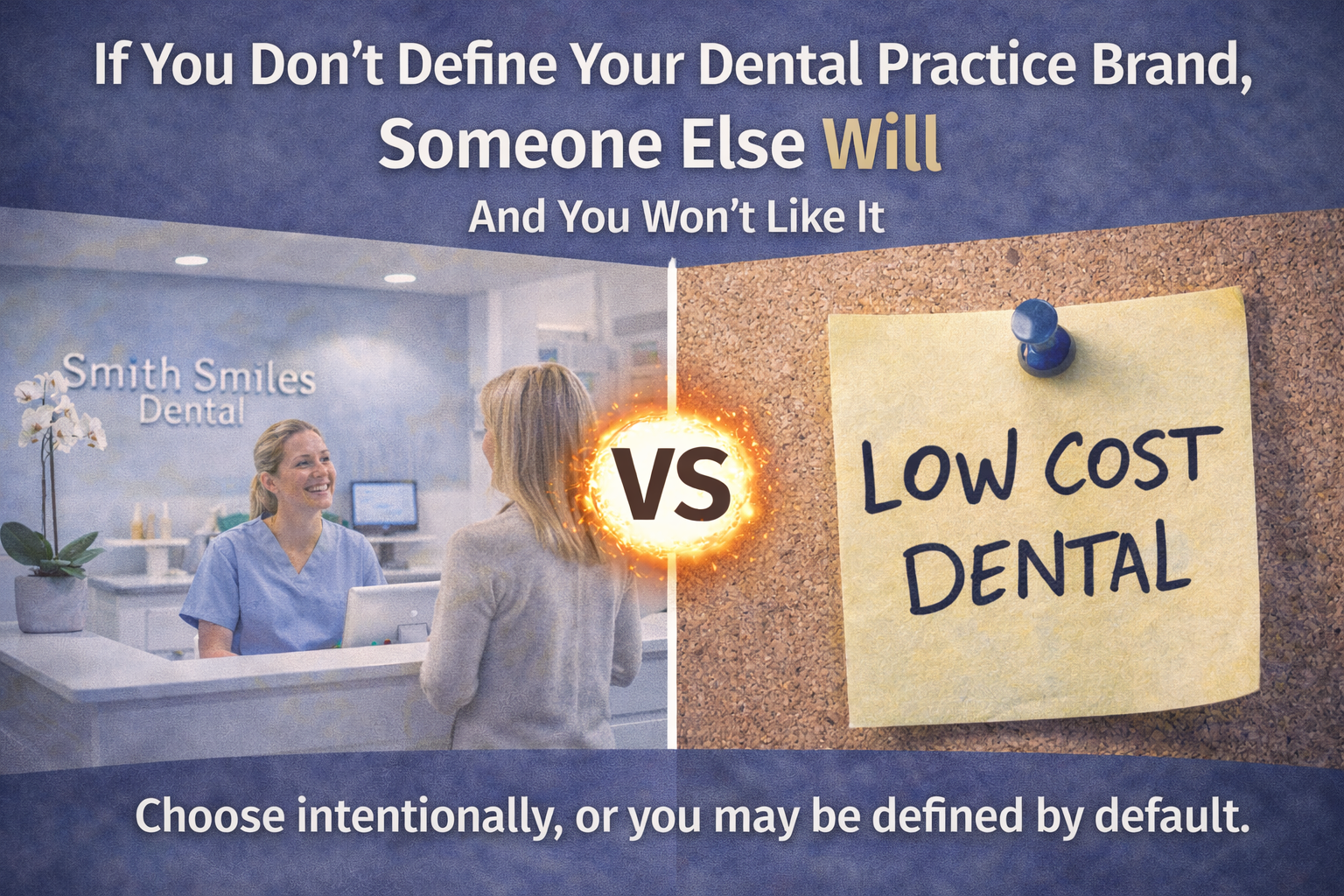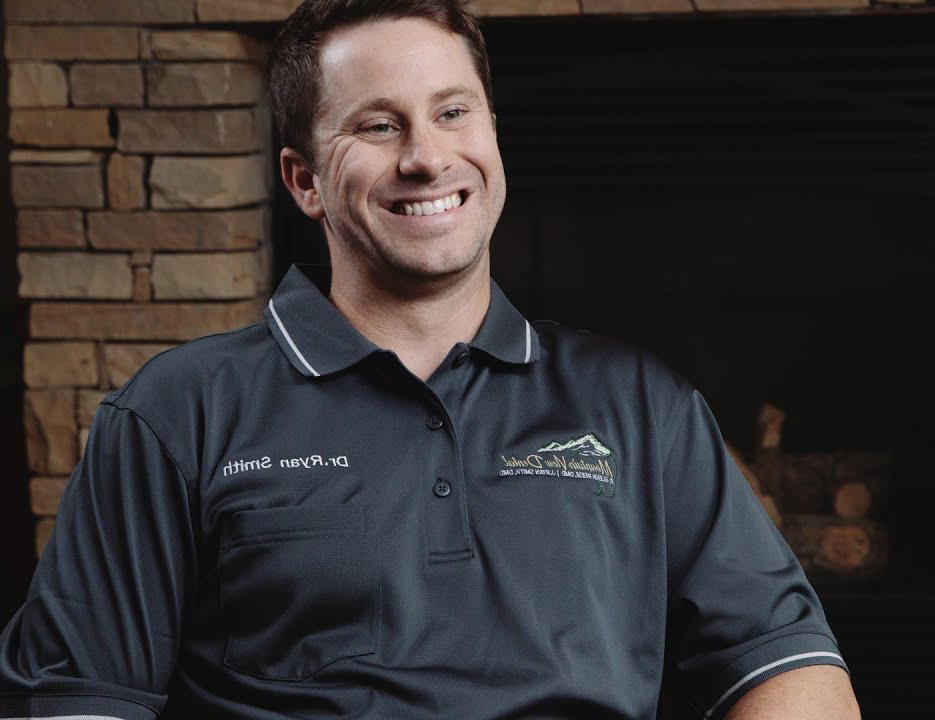Have you ever wanted to just quit clinical dentistry? I have. In fact, I did—and I regret it.
When I was in dental school, I thought I had a clear picture of the profession. My family was in the field, so I’d seen a lot. But the day-to-day reality was different. The initial excitement of learning new skills and taking CE courses eventually faded as I became competent at the standard procedures. The honeymoon period was over.
What replaced it wasn’t just boredom. It was the crushing weight of student loan debt, paid with after-tax dollars in an expensive world. It was the emotional toll of managing anxious patients all day, every day. It was the physical strain of 10-hour days hunched in awkward positions, seemingly always working on a patient who couldn’t lean back and needed a foot-thick pillow to treat a second molar.
Dentistry had become monotonous. A slog.
Add in the constant threat of negative reviews, board complaints, and ungrateful employees, and I began to let my mind wander. It’s so easy to assume the grass is greener somewhere else.
Instead of facing the issues I had with clinical dentistry head-on, I strategized my escape. My plan was to build a group of practices so I could eventually stop practicing and just manage.
And I did it. Within seven years of graduating, I had acquired 12 practices and had completely stopped working clinically. By all accounts, it was a massive success.
So, you would think life would be great, right? The reality was that I had just traded one set of problems for another, far more complicated and stressful set.
The “Multiple Practice” Escape Hatch Is a Myth for Most
Everyone in dental school seems to think that owning a group practice is the golden ticket out of the chair. While it can be a path to success for a very specific type of entrepreneur, it is absolutely not the easier path.
The truth is, most dentists who attempt this end up making less money than when they were the sole producer in one office. Running one practice yourself is 100 times easier than the constant struggle of finding, motivating, and retaining good associates.
The Real Reason I Regret Quitting
Looking back, I regret leaving the operatory because I now see that I was running away from problems that were entirely fixable. The problem wasn’t with dentistry—it was with me.
Quitting felt like a failure because instead of accepting a challenge and overcoming it, I found a different path to avoid it.
This is the critical message I want to share with you today. A small percentage of you truly may not be cut out for clinical work, but the vast majority of you who feel this way would be so much better off by adjusting your mindset and tackling your challenges head-on.
Every time you avoid a difficult procedure, run from a tough conversation, or stagnate by not learning something new and stressful, it’s a small failure. Those failures build on each other until you start to see yourself as a failure. Then you hate your job, but you can’t leave because of the debt. It’s a depressing, isolating, and very dark place to be.
Watch the full, candid story of my journey out of—and back to—clinical dentistry.
Don’t Let Dentistry Beat You
After years away, I’ve started doing some clinical dentistry again, not because I have to, but to prove to myself that I am not running from it anymore. And I have found so much more joy in it now than I ever did before, because I’ve learned to manage the challenges instead of escaping them.
If you resonate with any of the feelings I’ve described, I urge you: do not be rash. Do not quit.
Instead, identify the specific challenges that are draining your passion and work on them, one by one.
- Is it the monotony? Commit to learning a new, exciting procedure.
- Is it the patient interactions? Invest in communication training.
- Is it the financial stress? Get a coach and create a real plan.
Don’t let this profession beat you. Work hard, overcome the difficulties, and stand on the other side as a winner. Then, at that point, if you still want to do something else, you can leave with your head held high, knowing you conquered the challenge instead of running from it.
You can learn to love this profession again. It requires a shift in mindset and a commitment to face your problems, but I promise you, it’s a battle worth fighting.








